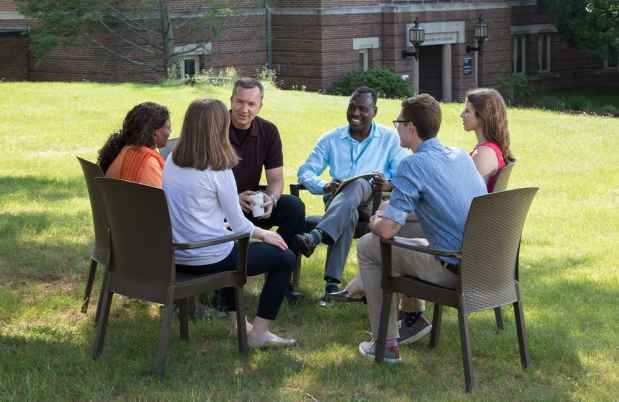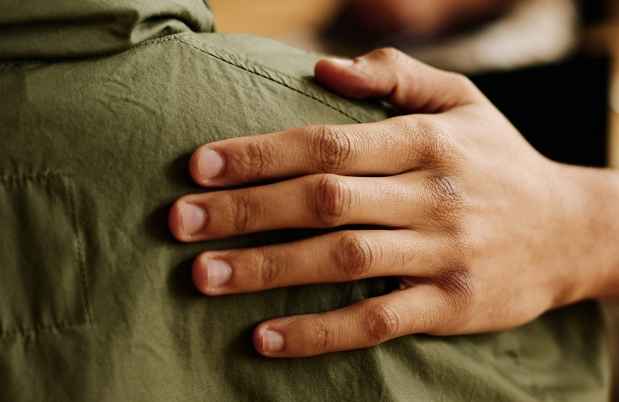One month ago today, our country was once again devastated by a senseless act of gun violence that has left the entire nation grieving the loss of innocent lives and thrown us into heated debates about constitutional rights, arming teachers, and mental illness and violence. I applaud the millions of students who peacefully demanded safer schools by walking out of class today and the people of all ages who are joining them, protesting on Capitol Hill, writing their senators and representatives, and taking to social media to declare #Enough!
As we reflect on today’s protests and the heightened focus on gun violence, we collectively mourn with all of those affected by the Parkland High School shooting, as well as friends and family of the more than 30,000 individuals who lose their lives to gun-related deaths each year in the United States. It is critical, however, that we recognize the victims of these tragedies are not limited to those men, women, and children killed, injured, or present during these horrific events. The consequences of gun violence are more pervasive and affect entire communities, families, and children.

While gun violence takes an enormous toll on our communities in terms of resources, loss of productivity, and burdening the already strained medical system, its greatest and most lasting impact is the human one—particularly on youth. According to recent studies more children today are exposed to gun violence than ever before:
- 164 schools across the country have reported a school shooting on campus in the last two decades
- 135,000 children have experienced a school shooting
- 25% of children nationwide will witness an act of violence in their homes, schools, or community this year
- 5% of children nationwide will witness a shooting
- 1 in 20 high school students have carried a gun outside the home
- 5.6% of students report missing at least one day of school because they were afraid for their safety
As mental health care providers, researchers, and educators, we know far too well the consequences of trauma and violence. We know that exposure to trauma at an early age affects brain development, we know that the rates of post-traumatic stress in adolescents and adults is on the rise, and we know that exposure to violence and trauma are major risk factors for lifelong health issues and early death. Unfortunately, we also know that gun violence receives the second-least amount of funding in this country in relation to the amount of injury and death that it causes.
The consequences of gun violence and trauma are public health issues that affect every one of us. So today, as the world focuses on our students who are joining in protest, I want to recognize and thank the individuals at McLean who tirelessly care for those who seek our help as they struggle to live with the consequences of trauma. In each of our programs across all our campuses, we see the significant impact of being exposed to gun, domestic, and street violence has on our patients and their families. We have deep empathy and compassion for those whom we serve and will continue to provide solace and healing to those who have experienced trauma. So while I join the many voices nationwide shouting Enough, I would like to add Thank You. Thank you to the victims of trauma for seeking help and speaking out, and thank you to the members of our community who offer unyielding support.
Scott L. Rauch, MD, is the president, psychiatrist in chief, and Rose-Marie and Eijk van Otterloo Chair of Psychiatry at McLean Hospital. He is a professor of psychiatry at Harvard Medical School and the chair of Partners Psychiatry and Mental Health for Partners HealthCare, Inc.
Media Requests
Journalist or member of the media? We are available 24/7 for media requests.



